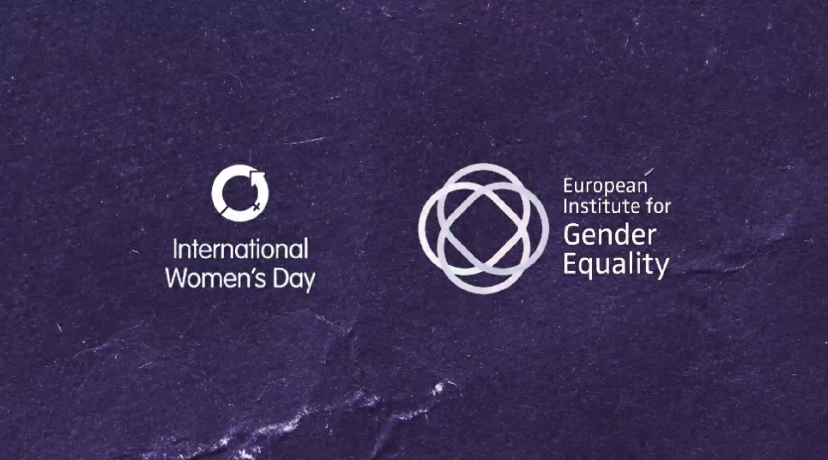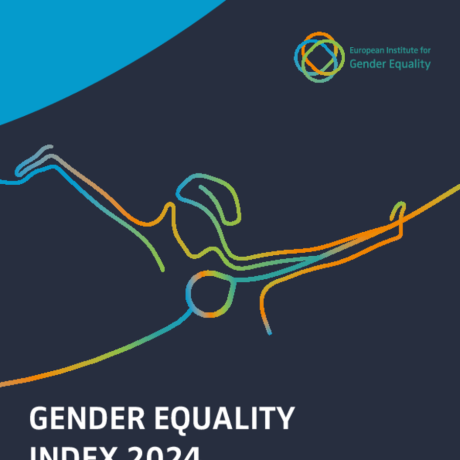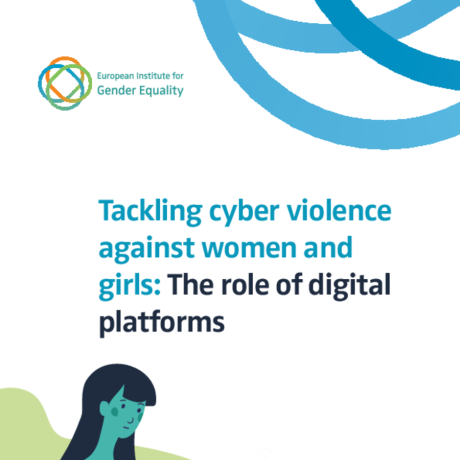Director Carlien Scheele presented the agency’s toolkit for gender sensitive parliaments to the Committee on Equality and Non-Discrimination at the Parliamentary Assembly of the Council of Europe in Paris on 18 March 2024.
Dear members of the committee and dear colleagues,
I am delighted to be in Paris with you for this meeting to present my agency’s work including our focus on gender-sensitive parliaments – in a year that is set to shape the future of Europe with the European Elections.
Over the last year, our agency has identified trends via so called ‘strategic foresight’ workshops that are impacting the path for progress towards gender equality.
To give you a quick overview of the findings… we see that…
Digitalisation – in particular AI is driving the world to greater efficiency. But what to do with AI technologies reinforcing gender biases and deepening digital divides?
The nature of work is changing. Flexibility is central to its evolution – offering novel opportunities to participate in the labour market. But are there robust enough care services in place as a means for freedom of choice for women and men?
Climate change is happening at rapid fire speed. And it’s impacting women and men very differently. Do the policies designed to mitigate environmental degradation have a gender sensitive approach?
Our societies are roughly made up of 50/50 women and men. So it simply makes sense to uphold this ratio across all areas of life. Not least in parliaments – where the decisions and choices have the power to impact everyone’s lives.
And all of this is happening in an environment where inequalities are widening, giving space for a tide of populism and anti-gender movements to rise.
That is why now more than ever we need to double down our efforts to invest in policies and measures that promote gender equality.
Political representation and leadership are therefore crucial.
Our societies are roughly made up of 50/50 women and men. So it simply makes sense to uphold this ratio across all areas of life. Not least in parliaments – where the decisions and choices have the power to impact everyone’s lives.
Which brings me to gender-sensitive parliaments.
The essence of gender sensitive parliaments is that they respond to the needs and interests of both women and men in its composition, structure, operations, methods, and work.
Institutional transformation happens when you have the tools and political will to drive change.
Gender-sensitive parliaments promote the full participation of women from representation to decision making – without any structural barriers getting in the way.
Right now, it’s a mixed bag in the European Parliament and national parliaments.
Gender balance has been achieved in European Parliament but the proportion of women as MPs in national parliaments has remained largely unchanged since 2019 (women still account for one in three MPs in national parliaments).
There has been little progress since the last EP elections and EIGE’s first assessment of gender sensitive parliaments in 2019, with the share of women across all national parliaments in the EU rising just over 1 % from a good 31% to a bit over 33%.
What does Europe have to gain from gender-sensitive parliaments?
We can ensure that legislation across all policy areas has a fair and equal impact on women and men in all their diversity.
Parliaments still have a way to go to create an equitable working environment.
From both a work-life balance and safety perspective.
The working conditions for MPs is often not family friendly.
There are only eleven Member States in which members of parliament are explicitly entitled to take maternity leave.
And when it comes to paternity leave, only nine Member States have provisions.
Women in political life are also affected by sexual harassment, cyberviolence and other forms of oppression that put them off from political life. We see women leaving politics!
Only four Member States have at least one chamber of parliament with concrete policy outlawing discrimination based on sex or a policy outlawing sexual harassment.
Gender equality is a political commitment. It’s a 24/7 call to action.
That is simply not enough to combat a systemic issue which often goes unnoticed, unreported, and then thrives in silence. Gender equality is a political commitment.
It’s a 24/7 call to action.
My agency’s toolkit for gender-sensitive parliaments as well as our gender equality action plans, provide guidance to move from making an assessment to taking concrete action.
I can give you a specific example. The Assembly of the Republic of North Macedonia, with the support of the OSCE Mission to Skopje and the National Democratic Institute in North Macedonia used our framework for gender-sensitive parliaments. They conducted the gender-sensitive parliaments self-assessment, then delivered a report with identified strengths and weaknesses and adopted an action plan for enhancing the gender-sensitivity of the Parliament in 2020–2021.
Institutional transformation happens when you have the tools and political will to drive change. In closing, and ahead of the European Elections, we will be releasing the results of the data collection on gender-sensitive parliaments -both at EU and national level - and our gender equality action plans which you can then find on EIGE’ website (under the Gender Mainstreaming Platform and EIGE’s Gender Statistics Database).
Thank you.



